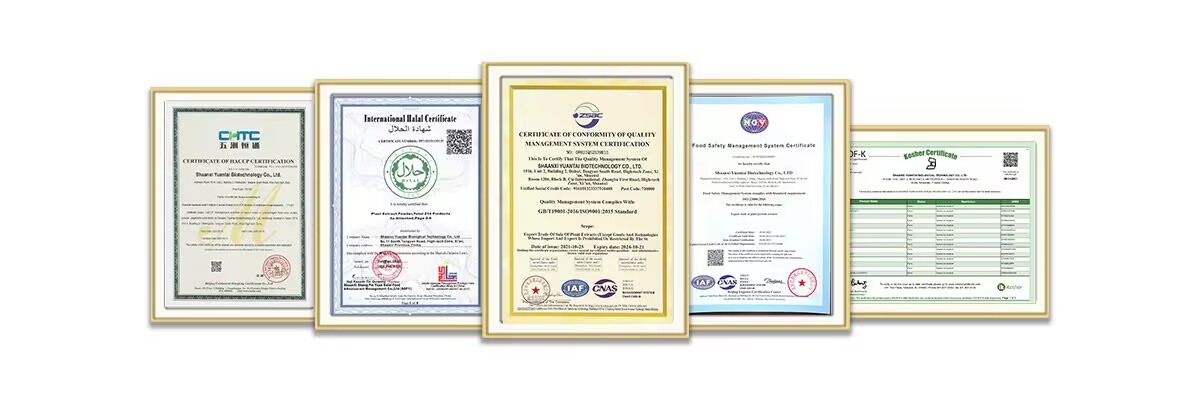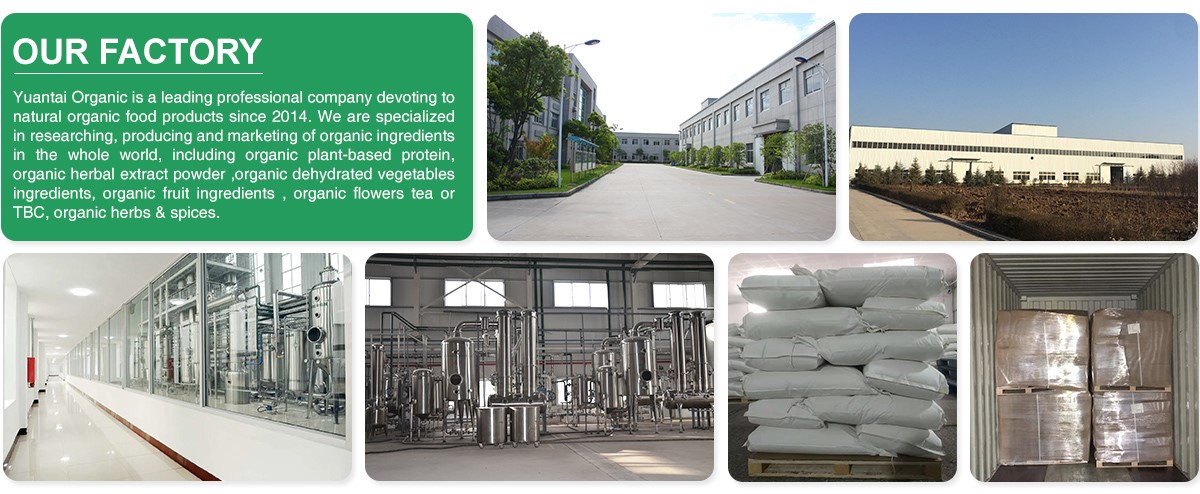NADH Powder
Molecular formula: C21H27N7O14P2
Molecular weight: 663.43
Melting point: 160 °C (320 °F; 433 K)
Detection method: HPLC
Delivery time: 1-3 days
Inventory: In stock
Certification: EU&NOP organic certificate, ISO9001, ISO22000, Kosher, Halal, HACCP
Payment method: T/T, VISA, X transfer, Alipay...
Shipping: DHL, FedEx, TNT, EMS, SF
- Fast Delievery
- Quality Assurance
- 24/7 Customer Service
Product Introduction
What is NADH Powder?
NADH Powder is a chemical substance, generally referring to reduced coenzyme I, which is the reduced state of nicotinamide adenine dinucleotide. N refers to nicotinamide, A refers to adenine, and D is dinucleotide. Because it mainly participates in the metabolism of substances and energy in cells, is produced in the citric acid cycle in glycolysis and cellular respiration, and acts as a carrier and electron donor of biological hydrogen, it transfers energy to supply ATP synthesis through the oxidative phosphorylation process on the inner membrane of mitochondria, so it is also called mitochondrial factor.
It plays an important role in maintaining cell growth, differentiation, energy metabolism and cell protection. It is produced in the citric acid cycle in glycolysis and cellular respiration. The molecule is a control marker in the energy production chain in mitochondria. Monitoring its redox state is the best parameter to characterize mitochondrial function in vivo. Ultraviolet light can excite it to produce fluorescence in mitochondria, which is used to monitor mitochondrial function.
It is a redox pair in cells with NAD+, which is the reduced form of the coenzyme NAD+, and NAD+ is its oxidized form. In the redox reaction, this product acts as a donor of hydrogen and electrons, and NAD+ acts as an acceptor of hydrogen and electrons, participating in physiological processes such as respiration, photosynthesis, and alcohol metabolism. They participate in life activities as coenzymes of many redox reactions in organisms and transform into each other.

The molecular structure of NADH is composed of nicotinic acid and adenine. Its function is to receive hydrogen ions and electrons during metabolism to form reduced NADH, and then transfer these loaded hydrogen ions and electrons to the cytochrome oxidase complex in the cell mitochondria through the electron transport chain, and finally participate in the synthesis of adenosine triphosphate and other redox reactions.
When food is digested and broken down into nutrients, these substances enter the cell for metabolism. Among them, it plays an important role in the process of energy metabolism in the cell.
1. Cellular respiration: Participate in the electron transport chain during cellular respiration. In the cell mitochondria, chemical energy is converted into adenosine triphosphate (ATP) required by the cell by transferring its loaded hydrogen ions and electrons to the cytochrome oxidase complex. This is a key process for cells to produce energy.
2. Dehydrogenase reaction: Plays an auxiliary role in the dehydrogenase reaction. When organic matter (such as glucose) is oxidized, the dehydrogenase catalyzed reaction removes hydrogen atoms and transfers them to NAD+ to form NADH. This process occurs in metabolic pathways such as glycolysis and citric acid cycle.
3. Lactic acid fermentation: Under anaerobic conditions, it can participate in the lactic acid fermentation process. At this time, the cell cannot use oxygen as an electron acceptor, but transfers the hydrogen atoms in it to organic matter to form lactic acid. This process is common in muscle cells. When the oxygen supply is insufficient, the accumulation of lactic acid will cause muscle fatigue.
4. Other redox reactions: It can also participate in many other redox reactions, such as fatty acid synthesis, cholesterol synthesis, etc. In these reactions, NADH, as a carrier of electrons and ammonium ions, participates in the synthesis process of organic matter.
In general, it plays an important role in the intracellular energy metabolism process. By participating in metabolic pathways such as cellular respiration dehydrogenase reactions and lactic acid fermentation, it can convert chemical energy into energy required by cells and play an auxiliary role in other redox reactions. It is one of the important coenzymes required for the normal function of cells.
Efficacy:
1. Provide cell energy
It is a substance necessary for cells to produce energy. It participates in the production of adenosine triphosphate (ATP) in cell mitochondria. Through oxidative phosphorylation, energy is released from food and converted into ATP. Each ATP molecule contains a certain amount of energy that can provide cells with the required energy.
2. Promote metabolism
It plays an important regulatory role in the metabolic process of cells. It can accelerate the oxidation reaction in cells and promote the metabolism of nutrients such as proteins, fats and carbohydrates. It also participates in the regulation of life activities such as DNA synthesis and cell division.
3. Antioxidant effect
It is a powerful antioxidant. It can react with free radicals and neutralize the activity of free radicals, thereby protecting cells from oxidative stress. Oxidative stress is an important cause of many diseases, such as cardiovascular disease and aging. Its antioxidant effect helps slow the development of these diseases.
4. Improve cardiovascular health
It can promote the energy metabolism of myocardial cells, increase myocardial contractility, and improve heart function. It can also lower cholesterol and triglyceride levels, prevent arteriosclerosis and thrombosis. These effects make it an important auxiliary therapeutic substance for maintaining cardiovascular health.
5. Improve cognitive function
Studies have found that it can improve memory and thinking ability. It can increase the synthesis of neurotransmitters in the brain and improve the connection and conduction efficiency between neurons. It can also reduce neuronal damage and protect the brain from aging and neurological diseases.
Formulation
Capusle Formulation

Tablet Formulation

Solid Drink Formula

Supplier
Yuantai Organic Bio is committed to providing customers with the highest-quality bulk NADH Powder and services so that every consumer can enjoy natural, healthy, and high-quality food. If you have any inquiries or needs about our products, please feel free to contact us, and we will reply to you as soon as possible.

Package&Shipment


Our Company and Factory

_1737093401309.png)

